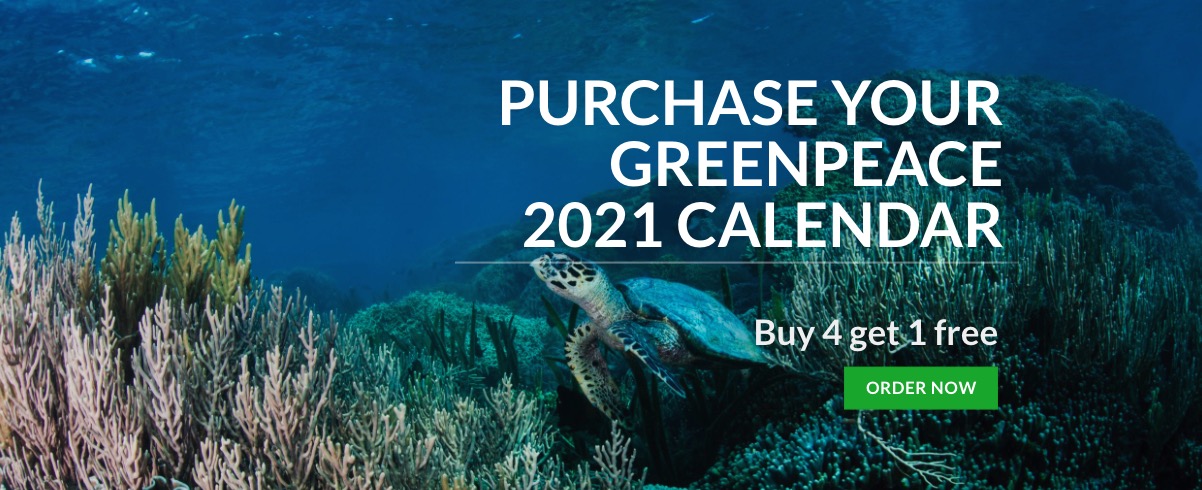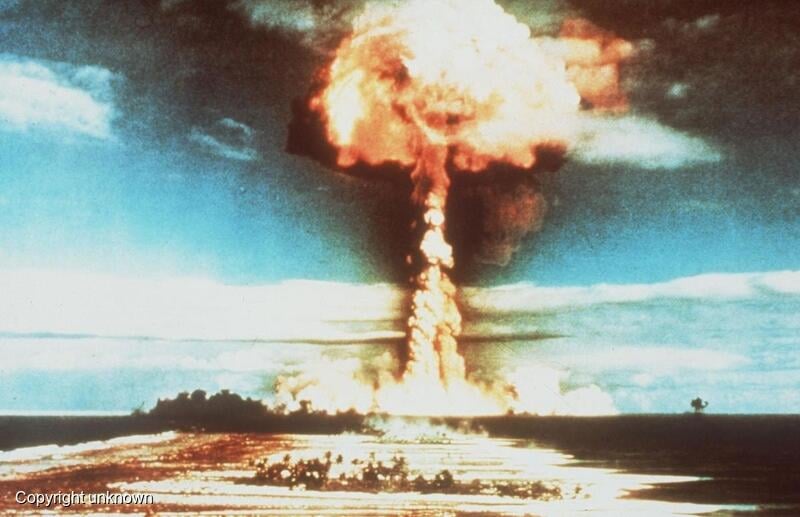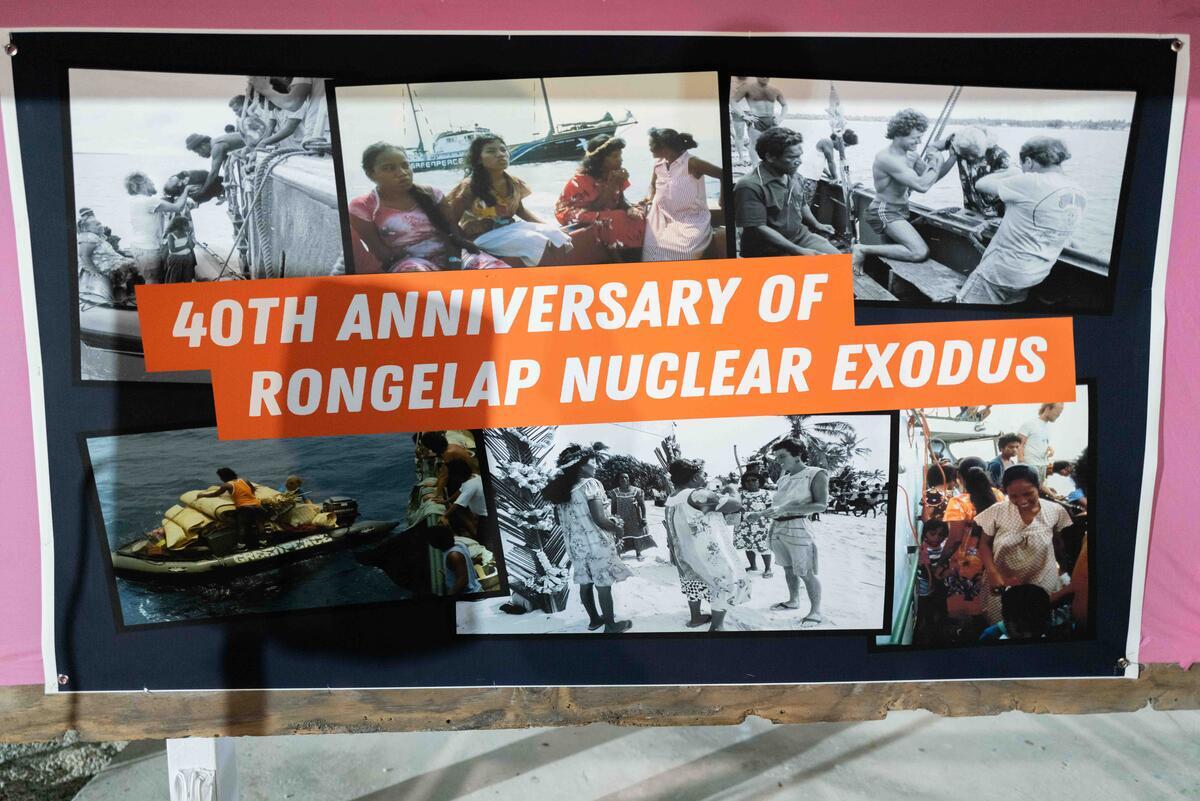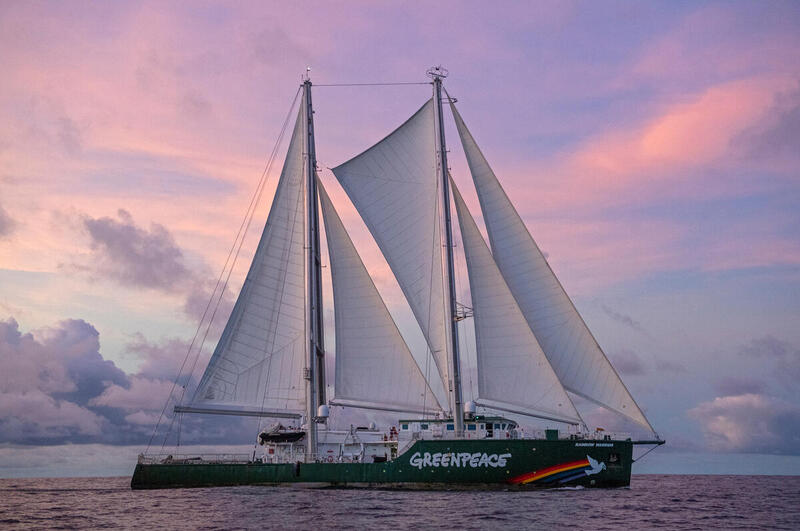Together, we are making such a difference. Here are some of the things we’ve achieved recently.

Together, we’re Building Back Better
With the Covid-19 pandemic and the recent elections, New Zealand – and the world at large – has had to grapple with change and uncertainty.
During the Covid-19 response so far, and throughout the government election period, your support has helped us ensure that climate and nature has stayed at the top of the agenda.
Supporters like you know that for a thriving society, we need to protect the rivers, oceans, wildlife, forests, climate, and people.
The economic recovery from Covid-19 has presented a once-in-a-lifetime opportunity to reset our society and economy so that it puts people and nature first. And the election result has proven that New Zealanders have voted for a future of transformation: a place where we and our children have real hope for a more fair, thriving and abundant future. There has never been a greater public mandate, more money on the table (thanks to the Covid recovery budget) – or a greater need for big bold transformations. There are some big choices than can and must be made now that Aotearoa has the opportunity to Build Back Better:
- Protect nature, not polluters
- Build rail, not roads
- Clean energy, not dirty fossil fuels
- Clean water, not more dairy dams
- Public transport and cycleways, not airport expansion
It’s our job to push the new government to make these shifts – and it’s only through our collective voice that we can ensure the government follows through on its transformational promise, especially as the demands of big, powerful industries to keep the status quo remain strong.
But this is the best opportunity we’ve had in our lifetime to tackle the climate crisis, protect nature and build a fairer Aotearoa. So I am sure you will agree that it’s worth fighting for.
New Zealanders want a government that has the courage to re-imagine New Zealand. If we act now, together we can create a cleaner, fairer and more resilient society. We can’t sustain this work without the support of incredible people like you – so thank you!
For more information, have a look at this beautiful vision of Aotearoa!
Great news on our charity status!
In August, The High Court ruled that Greenpeace is entitled to register as a charity and that the Charities Registration Board was in error for declining our application.
Twelve years after applying to be a charity, the High Court ruling in our favour was a win for democracy in Aotearoa. Groups like us that challenge undue corporate influence and stand up for nature on behalf of future generations and the natural world play a vital role in a healthy democracy.
We fought this case through the High Court, to the Court of Appeal, to the Supreme Court, back to the Charities Board and then to the High Court again. After so many years this ruling is a huge victory for us as well as other environmental advocacy groups working to ensure Earth’s ability to sustain life in all its diversity.
You’re fighting to protect ancient coral from bottom-trawling
Your support has helped fight to protect the oceans and everything that calls them home.
We’ve been campaigning for a ban on bottom trawling on seamounts. Bottom trawling is a destructive method of fishing that bulldozes the seafloor, killing coral and other marine life.
Talley’s, a New Zealand fishing company, uses this harmful method. Your support has meant that the past few weeks, community activists have been placing information cards about Talley’s in supermarkets around New Zealand.
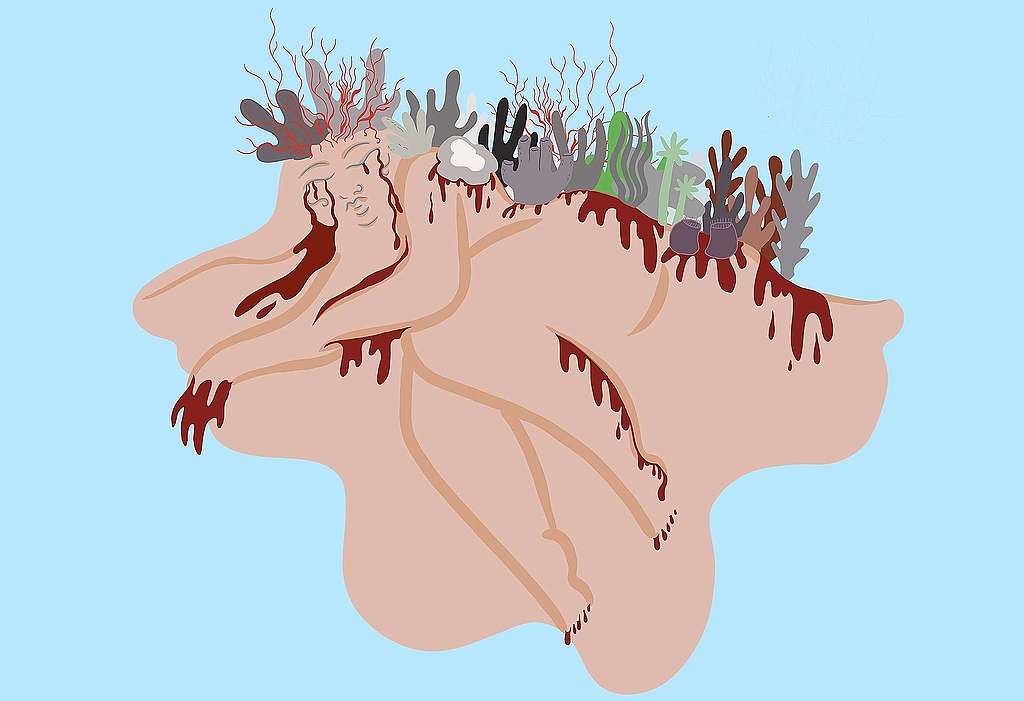
And when these seamounts are damaged or destroyed, there’s evidence to suggest they don’t recover for decades. In the middle of an ecological crisis, we simply can’t afford destructive fishing methods like these to continue. But with your help, we can fight to get bottom trawling banned on seamounts, to protect these vital habitats from destruction and allow the oceans a chance to recover.
Join our call for better ocean protection!
You’ve secured strong protections for Māui and Hector’s dolphins
Last year, the government announced it would be revising its Threat Management Plan to protect our native Māui and Hector’s dolphins. This is particularly important for Māui dolphins, of which there are only about 60 adults left.
Greenpeace and supporters like you demanded strong protections for these precious dolphins, who face risks from commercial fishing and other destructive activities.
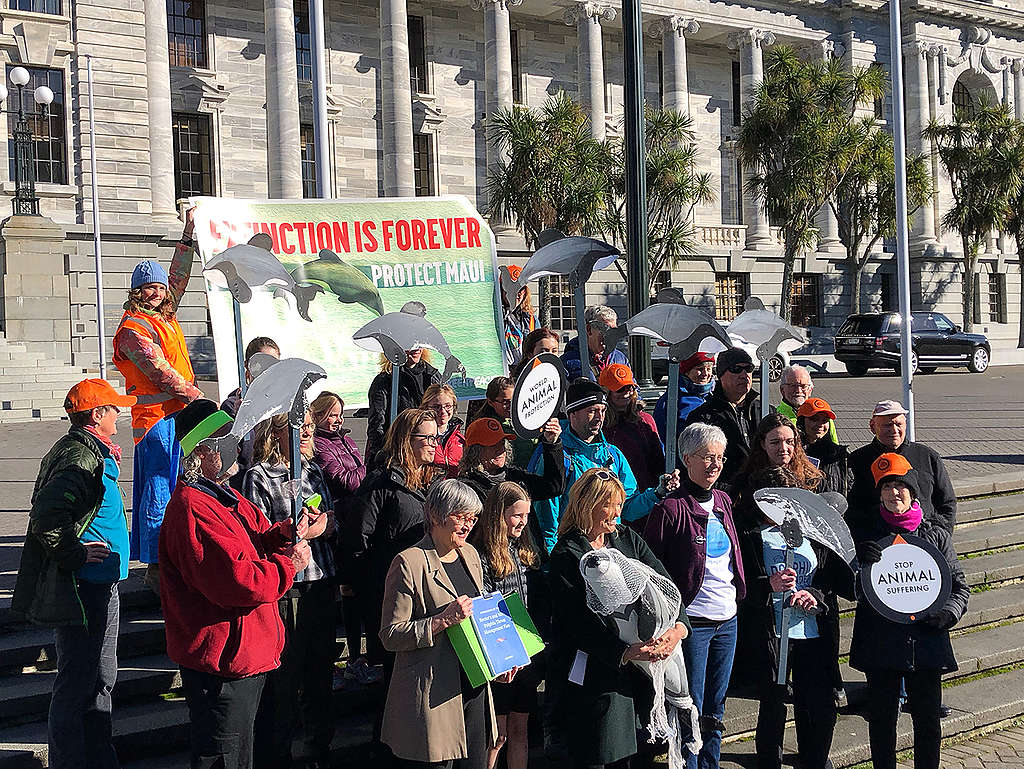
In November, five marine mammal sanctuaries covering their habitat will get increased restrictions, specifically bans on both new seismic testing and seabed mining within their boundaries. Two sanctuaries will be extended significantly, with the west coast of the North Island flanked all the way from Maunganui Bluff to Wellington. The Banks Peninsula sanctuary will be extended from 12 nautical miles offshore out to 20. This is in addition to the new restrictions on set-net and trawl fishing down the west coast of the north island and some areas of the south island. These types of fishing are the major human threat to Māui and Hector’s dolphins, which can become entangled in the nets and be injured or killed.
These measures mean Māui and Hector’s have more space to thrive, and they also come just months after commitments to much needed fishing restrictions to set nets and trawling in their key habitat areas.
What’s been proposed to save New Zealand’s most at-risk dolphin species, while not complete, is unusual for ocean policy under this Government, and others around the world. Thank you so much for your support – this progress would not have been possible without you.
You’re protecting the ocean around the globe
The Greenpeace ship Arctic Sunrise – with a crew of campaigners, activists, and scientists – have been in the Arctic after quarantining and health screenings to document the sea ice minimum and study marine life in the region.
The Arctic sea ice has already lost two-thirds of its volume and there is a consistent decline in sea ice extent over the past decades. This year’s extent is the second lowest on record.
But your support brings hope. It means we can study – and raise awareness of – the issues facing the Arctic ice cap, and campaign for a network of global ocean sanctuaries that protect at least 30% of our oceans.
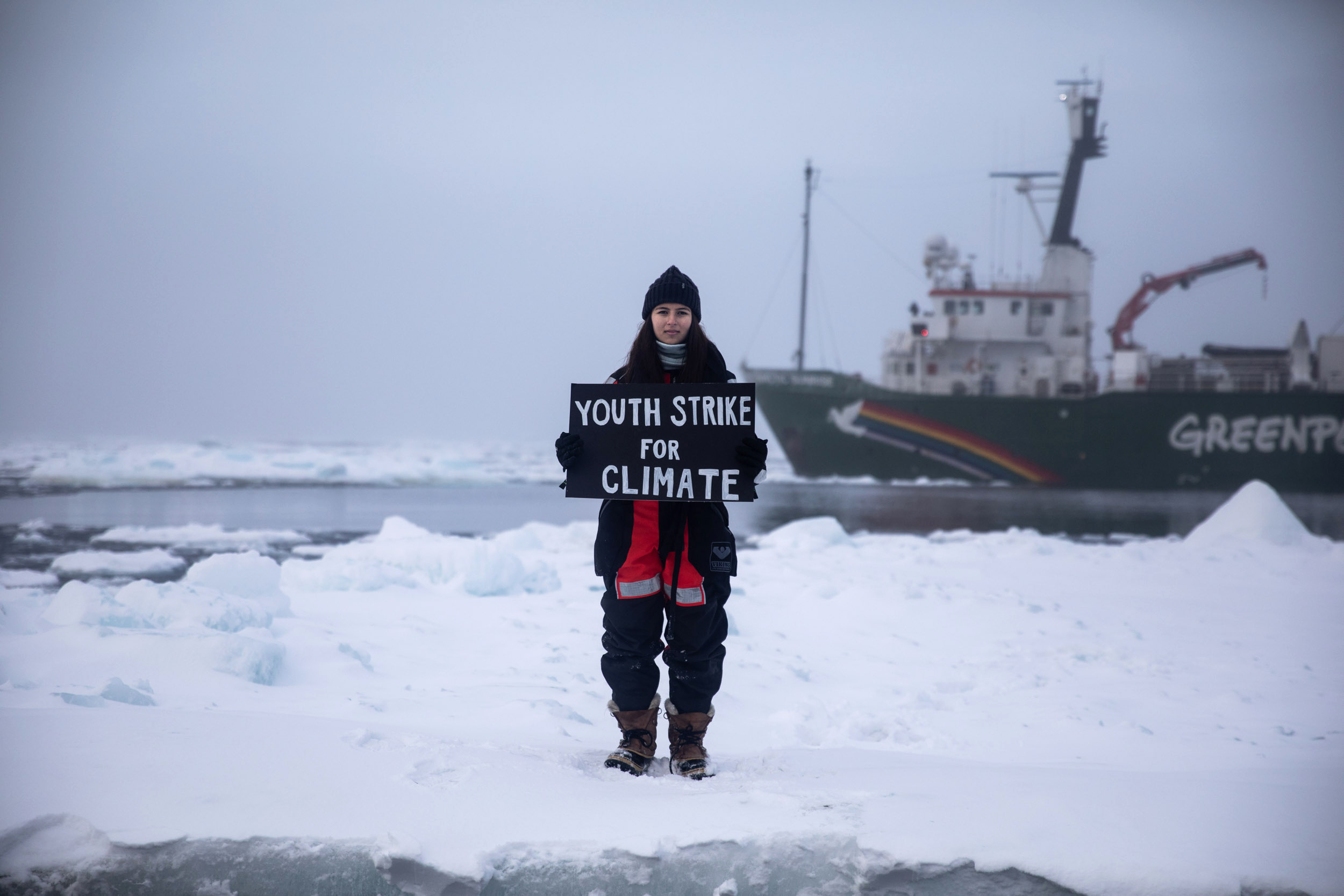
You’re helping fight plastic polluters
In August this year, the government announced a plan to phase out more single-use plastic. That’s after supporters like you worked with us to win a ban on single-use plastic bags, and more recently demanded a ban on single-use plastic drink bottles.
Your generosity meant we got our ‘’Tears of the Albatross’’ video on national television, highlighting the plight of an albatross that swallowed a plastic bottle. Now, more than 45,000 New Zealanders have signed our petition to ban the bottle.
While the government’s new plan is a great step in the right direction, it doesn’t include plastic bottles, one of the most commonly-found plastic items littering our shores.
Alongside a ban on bottles we need stronger regulation on plastics, including infrastructure and investment to boost reusable alternatives. And with your support, we can make it happen – just like we did with the plastic bag ban!
You won a cap on synthetic nitrogen fertiliser
Around half a million tonnes of synthetic nitrogen fertiliser is used in New Zealand every year, polluting rivers and contributing to the climate crisis. It’s primarily used by the dairy industry to accelerate grass growth and ramp up cow numbers. It’s really bad news.
Only a couple of years ago, synthetic nitrogen fertiliser wasn’t talked about much in the media. But together with people like you, we ramped up our public awareness campaign calling out the companies producing this pollutant and demanding a phase-out and ban.
Earlier this year, the Government announced a cap on synthetic fertiliser use of 190kg per hectare which will come into force mid-2021. It’s a good start, but in the midst of a worsening climate crisis, that new cap simply doesn’t cut it. What we need is a full phase-out of this harmful product, and synthetic fertiliser to be replaced by regenerative farming methods.
That’s why in July, a team of Greenpeace activists halted the distribution of synthetic nitrogen fertiliser at a Ballance factory in Taranaki. This colourful protest drew national attention to the issue through the media and digital channels.
Then, we upped the ante even further in October, when a team of five Greenpeace climbers scaled the central Wellington office of the Fertiliser Association. They unfurled a ‘’Cut Synthetic Fertiliser’’ banner containing the names of 30,000 New Zealanders calling for a phase-out of synthetic nitrogen fertiliser.
The agricultural industry is New Zealand’s biggest climate polluter, which is why with you by our side, we’ll keep on fighting for a transition to regenerative farming.
Please sign our regenerative agriculture petition
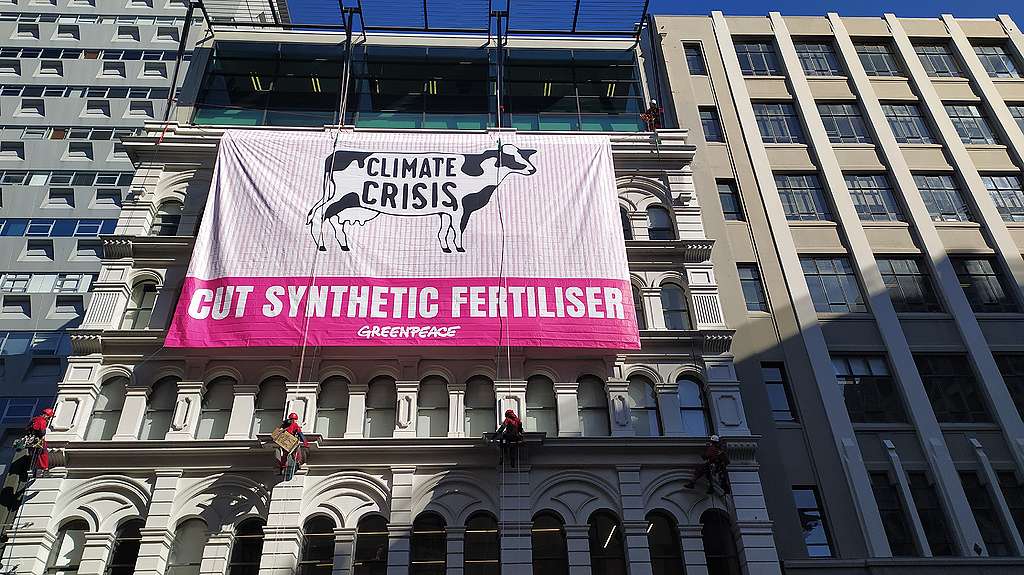
Wins around the world
Greenpeace Netherlands wins protest court case
In February 2018, Greenpeace Netherlands boarded a gas rig in the North Sea to protest its drilling programme. The Dutch state filed a lawsuit against Greenpeace for this action. Greenpeace was successful in winning, however, the Dutch state decided to appeal. Finally, in June 2020, the higher Court of Magistrates upheld Greenpeace’s victory – a significant win and important for the strength of the right to protest in the Netherlands and in Europe.
Oil company Total abandons Amazon Reef Drilling
Greenpeace has been campaigning against French oil company Total drilling near the Amazon Reef in 2017. By the end of 2018, the environmental agency denied Total the license to drill. But the company hadn’t given up and appeared to be taking advantage of Bolsonaro’s anti-environment government agenda to restart the project. Now they have definitively abandoned the project. More than 2 million people signed the petition to protect biodiverse the Amazon Reef and 35 international Greenpeace teams participated to reach this fantastic victory.
Senegal rejects industrial fishing licenses
On World Oceans Day, Senegal’s Minister of Fisheries rejected the licensing requests for 52 new industrial fishing vessels – some of which were previously implicated in illegal, unreported and unregulated fishing. The decision followed weeks of campaigning by artisanal fishermen, female fish processors, Greenpeace Africa and other allies, culminating with nationwide “red masks demonstrations” by the fishing community. The decision helps secure the livelihood of coastal communities and gives a chance for the ocean to recover.
